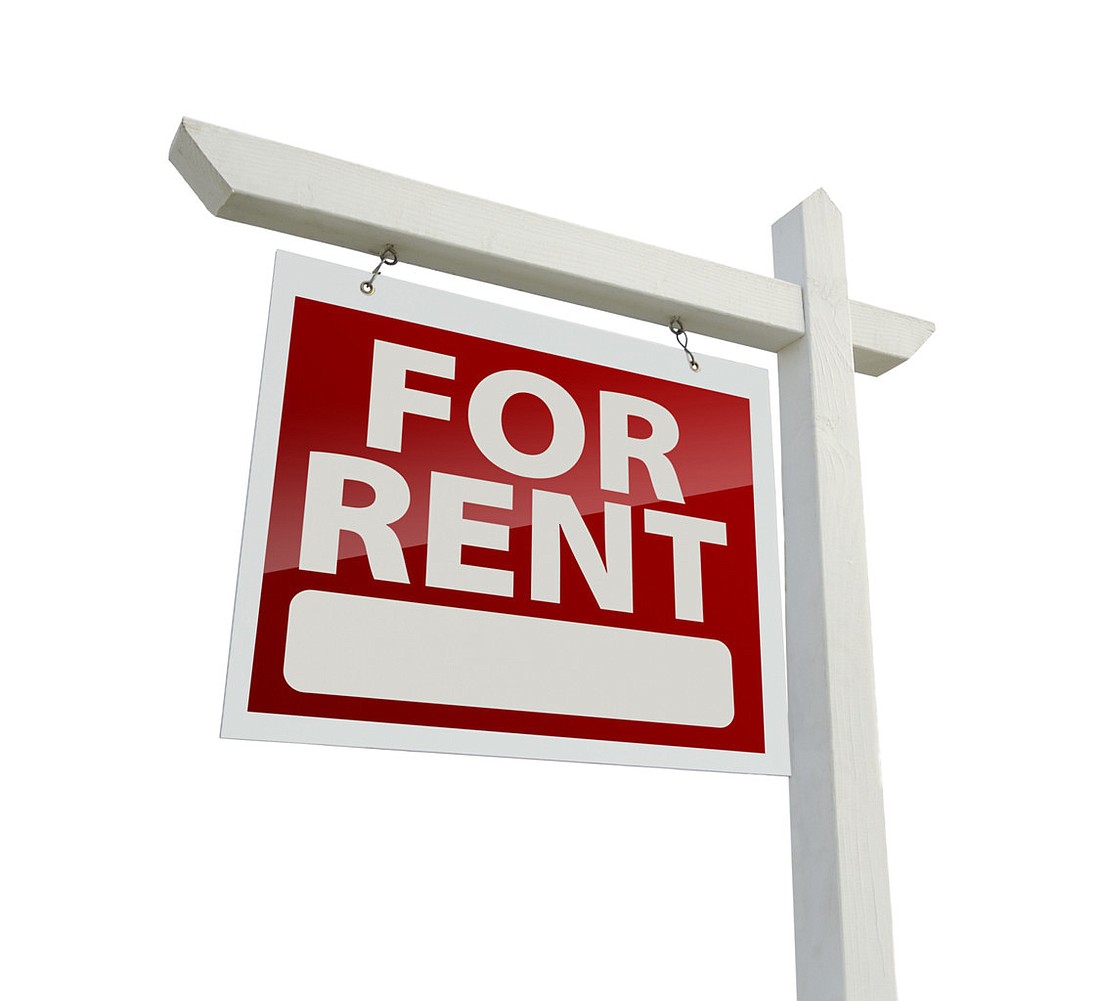
By Christopher Jurich & Sarah Sullivan, Three Rivers Legal Services
Your landlord sends you a text message telling you they are coming over the next day to inspect the inside of your apartment. However, you have Crohn’s disease and your doctor told you that the medications you take suppress your immune system, placing you in a higher-risk category for contracting coronavirus.
What do you do?
This and other similar situations are playing out across the country during the COVID-19 pandemic.
If a renter needs a change to a rule, policy, practice or service in a lease agreement or homeowners association covenant to protect them from COVID-19, due to an underlying medical condition, they can make a written request to their landlord for what is called a reasonable accommodation.
During the current health crisis, these requests could include scheduling inspections when the renter is not in the home, asking maintenance personnel to wear masks and protective gear when entering the home or delaying requested upkeep to the property.
The Fair Housing Amendments Act of 1988 includes protections against discrimination based on disability so that persons with disabilities can have equal opportunity to use and enjoy their home.
In order to make a request for a reasonable accommodation, a renter or homeowner must meet certain requirements: Show that they have a disability, show that an accommodation is needed to afford them equal opportunity to use and enjoy their housing, and the accommodation must be reasonable.
Under the FHAA, a person with a disability is defined as a person with a physical or mental impairment that substantially limits one or more major life activities, such as walking, seeing, working, and so on, and who either has a record of such impairment, or is regarded as having such an impairment.
If someone did not have a disability before the pandemic but currently is infected with the COVID-19 virus or is recovering from the infection, they would likely be covered under these FHAA protections.
Someone with lasting health problems, serious enough to substantially limit one or more major life activities, are protected as well.
Courts have recognized that temporary impairments from an acute illness still are disabilities even if they are expected to resolve.
If the disability and need for accommodation are obvious, a person does not have to provide documentation as proof.
In cases where a disability is not obvious, such as a compromised immune system, the individual will have to provide some type of written proof, usually medical records, to show that they have a disability and that the reasonable accommodation they are asking is necessary given their disability.
This means a landlord cannot demand a renter’s complete medical records or request a renter provide documents from a specific doctor. You also can provide nonmedical documents that prove your disability.
If a request for reasonable accommodation is unreasonably denied by a landlord or HOA, the person requesting the accommodation can contact a fair housing organization or an attorney to help them determine whether to file a complaint with their local fair housing enforcement agency or the federal Department of Housing & Urban Development.
Many people are experiencing housing insecurity due to the COVID-19 pandemic. If you are interested in volunteering as a pro bono attorney to provide counseling or defense to someone facing eviction, contact Sarah Sullivan of Three Rivers Legal Services ([email protected]) or Missy Davenport ([email protected]) at Jacksonville Area Legal Aid.
Christopher Jurich is an attorney with Three Rivers Legal Services Inc. and practices law in the areas of housing and public benefits. Sarah Sullivan is the Jacksonville pro bono director at Three Rivers Legal Services Inc.